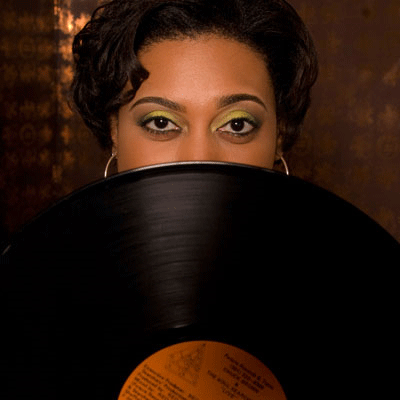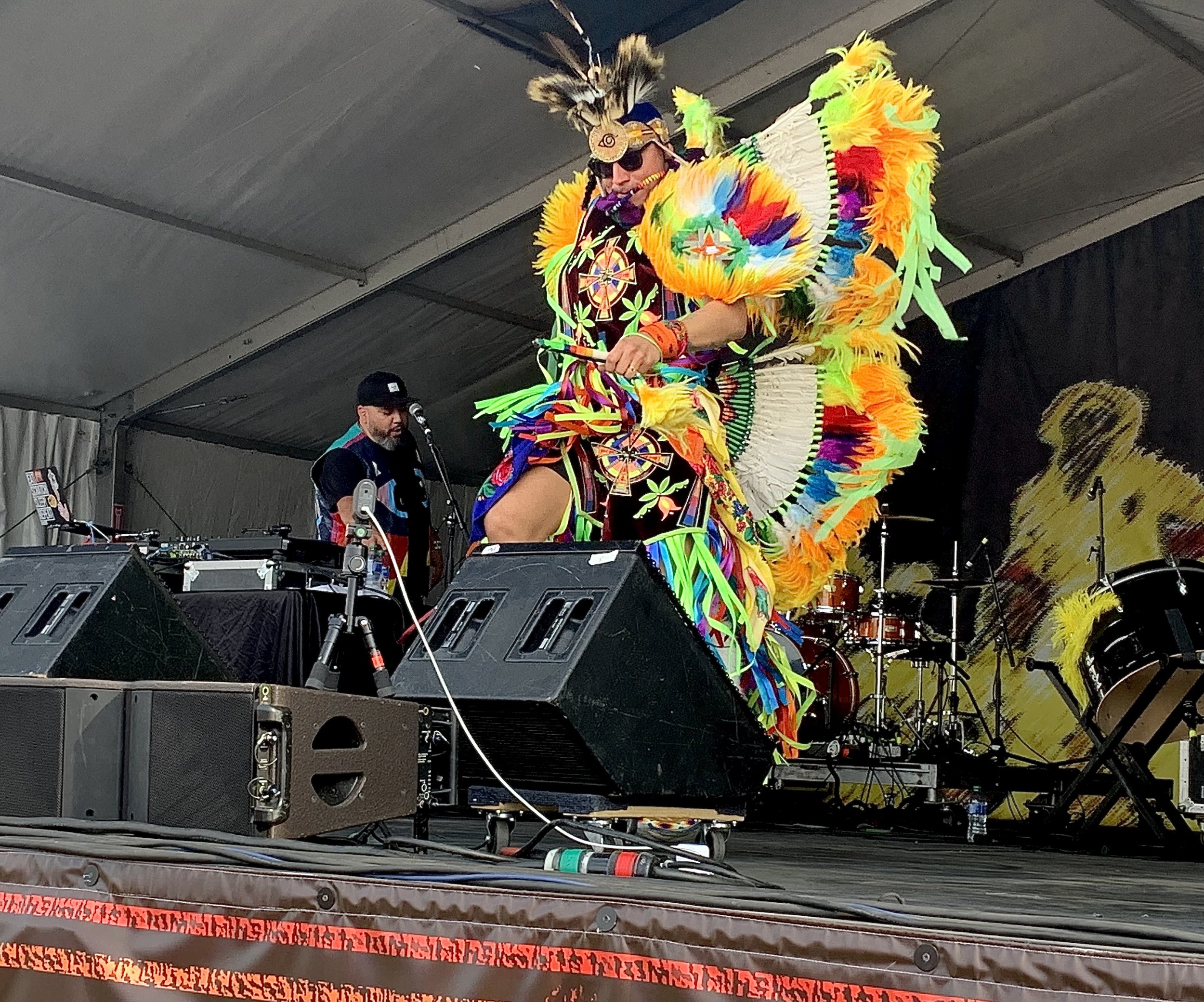What Do You Get a DJ for Her Birthday?

If it's DJ Soul Sister, more funk courtesy of DaM-FunK.
DJ Soul Sister has become an empire. Not one that pays well enough that she doesn't need a day job, but one that establishes her as a presence around town. She does her Saturday night radio show on WWOZ. She has a weekly DJ gig Mimi's, she spins at Essence Music Festival and Jazz Fest, she occasionally hosts soul-oriented movie screenings at the Prytania and she's currently hosting a series of free, funky films on Monday nights at Cafe Istanbul (this week: Wattstax). On Sunday night, she'll celebrate her birthday at Tipitina's - another place she plays - with a Birthday Jam with Los Angeles-based DJ/producer/musician DaM-FunK.
On first listen, DaM-FunK isn't an obvious fit. Soul Sister (real name: Melissa Weber) is known for her affection for rare groove, while he's made boogie funk his calling card, rehabilitating a generally dismissed early-'80s sound.
"I love funk," she says. "There's a perception that anything oriented with funk ended in 1975; he blasted all of that." His thinking was heavily influenced by his mentor R&B and funk producer Leon Sylvers, who produced hits in the early 1980s Shalamar, Midnight Star, Lakeside in addition to earlier success with his family band, which charted with "High School Dance" and "Hot Line."
"I can't claim to be fan of funk in general if I just stay in a certain time period," she says, and she's helped bring him to New Orleans a few times now. When he first played One Eyed Jacks, people expecting a DJ set were surprised when he broke out his keytar and was just as funky a musician as a DJ. On Sunday, he'll perform with his band.
Does she find being associated with rare groove limiting? "No, it's who I am," Weber says. What's limiting is the associations people have with "DJ." Though the term now covers EDM artists, people who back rappers, turntablists and remix producers, the first thing the phrase brings to mind is someone playing requests, whether on the air or at a high school dance.
"I approach what I do as an artist," she says. "I mix and blend in the original disco way. In hip-hop culture when it began, the DJ was the primary person. The emcee was there to support the DJ, not the other way around. The first group who appeared on national television was The Funky Four Plus One on Saturday Night Live in 1981. Debbie Harry was the host and at two minutes to midnight, she introduces The Funky Four Plus One and they come out and in the front is the DJ. The emcees were behind the DJ."
Because of her approach, she's not that into requests, and she recognizes that certain gigs aren't for her. Weber considers sound first - keys, grooves, tempos - when thinking about what to play, and lyrics don't factor into her thinking. This became a problem at a horrified wedding reception.
"I made a woman cry," she says. "I played something that to me was a beautiful song and everyone was looking at me like I was crazy. I figured out that the words were about adultery and I didn't realize it. I can't do weddings because I can't play what I want."






